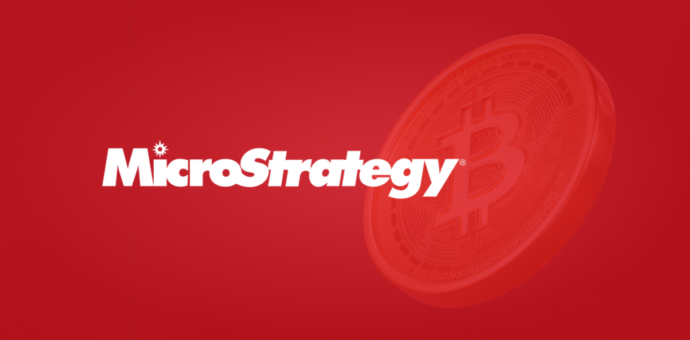One of the consequences of the economic crisis resulting from the pandemic was the increased issuance of fiat currencies by central banks of various nations, in an attempt to give an extra boost to the economy and help the population. However, this strategy ends up leading to the devaluation of money. Therefore, some organizations, such as MicroStrategy, began to look at other solutions – such as buying bitcoin – to preserve their capital.
“Anything held in fiat currency, such as the US dollar, is deflating at the rate of 15% to 20% per year”, said MicroStrategy President and CFO Phong Le in an interview with The Wall Street. According to him, the company traditionally invested in Treasury bonds, but with the scenario pointing to the devaluation of traditional currency, the solution was to seek “smarter solutions to diversify”.
Bitcoin was a choice to diversify investments
According to Le, MicroStrategy had an annual profit of US$ 550 million, invested in corporate bonds, stocks, and commodities such as silver and gold. “Our business is highly profitable and growing. Therefore, we consider that the priority for excess cash is to reinvest it in the business, adding value to shareholders, employees, and customers”, he explained.
Thus, he said the decision for bitcoin took into acount the possibility of tolerating short-term volatility in exchange for potential long-term gains
“If we had returned the surplus capital to the shareholders, most of whom are large institutions and banks, they would not have been able to use it to acquire bitcoin, given the rules and regulations they need to follow. But we allowed them to sell their shares to the company if they disagreed with the planned bitcoin acquisition”. He said those who did not sell had the opportunity to invest in the crypto market through MicroStrategy.
According to Le, those who were not comfortable with the proposed investment in cryptoassets could sell their shares to MicroStrategy itself, with a premium of 15%. “We were prepared to buy back the full value of the shares, but we bought only US$ 60 million from the shareholders that wanted to sell”, he said.
Accounting and risk management
The president of MicroStrategy explained that, in accounting terms, bitcoin is considered an intangible asset. Thus, the alternative was to invest in a fund and consider it for accounting purposes.
As for security, he explains that the management is the same as for conventional bank accounts. “We have chosen investment-grade custody arrangements and of industrial-grade to store our keys, and we treat them in the same way as a bank account. No one can move or withdraw money from our accounts or custodial accounts”, he said.
According to Le, the company’s treasury strategy is currently straightforward: “any cash above our working capital needs, which is about US$ 50 million, is allocated to bitcoin”.







